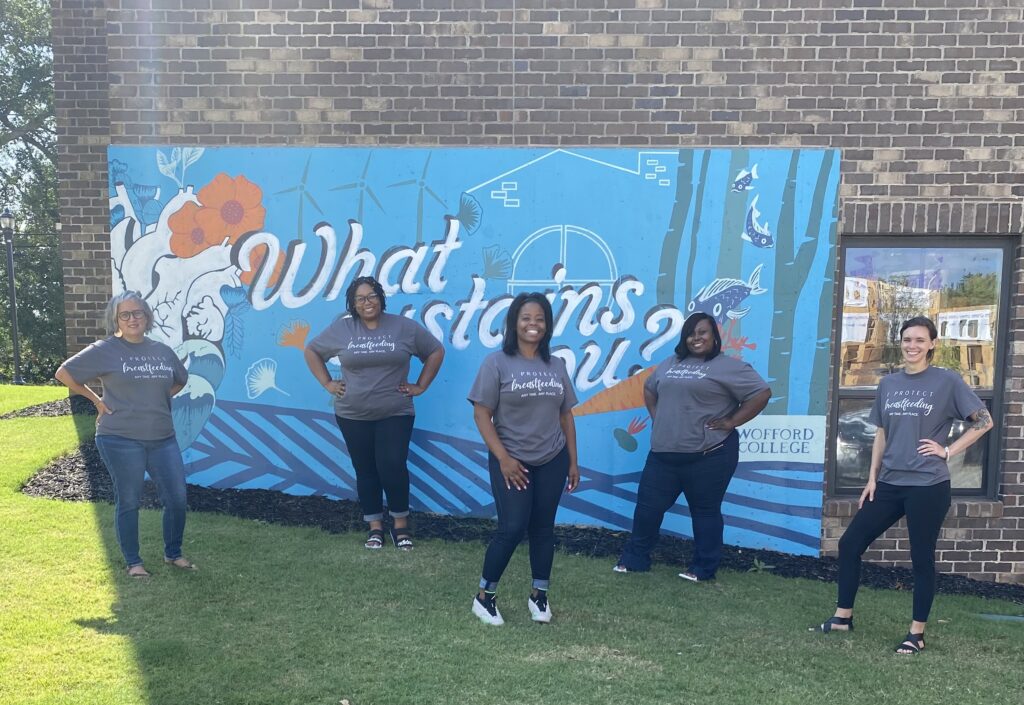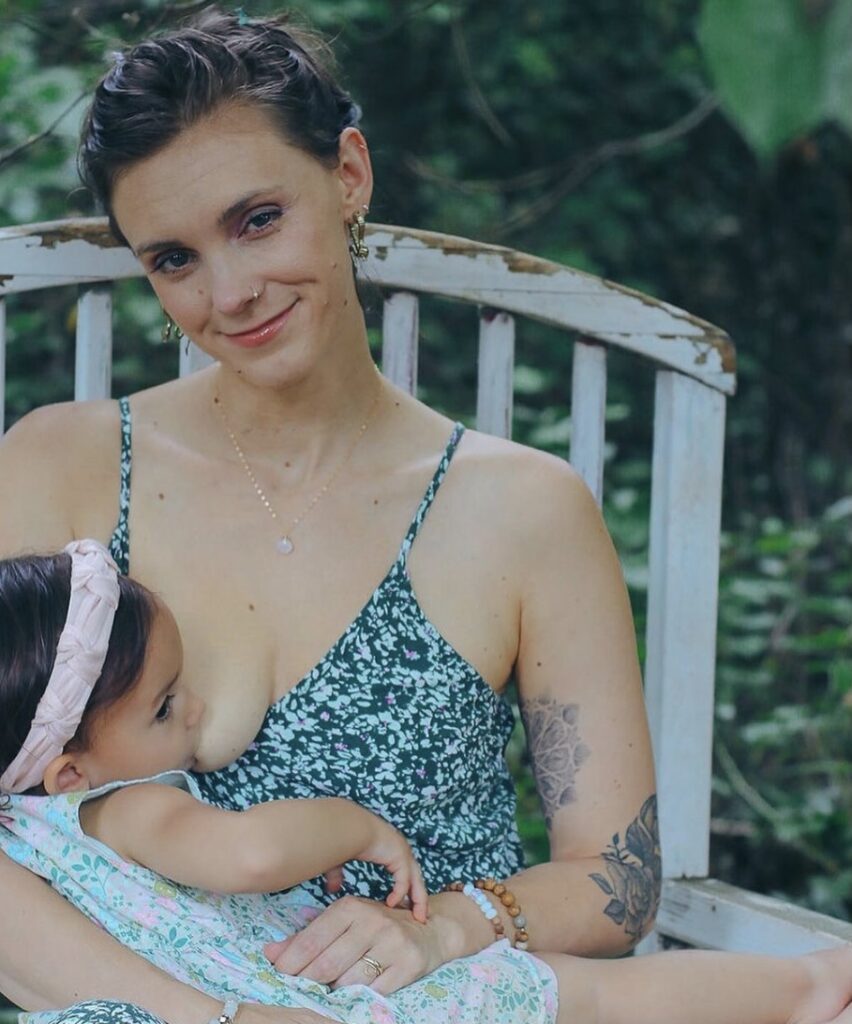
Protecting Breastfeeding: It’s Going to Take a Village
Written by: Chelsea Sosa, BirthMatters
BirthMatters is happy to be celebrating Black Breastfeeding Week (August 25th-31st). August was proclaimed National Breastfeeding Month in 2011 and one decade later, it continues to be recognized each year in efforts to raise awareness, support and protect what is considered the foundation for life-long health and wellness.
Supporting human milk feeding, the most developmentally appropriate nourishment for infants, is essential to ensuring critical food security and immunologic protection for South Carolina’s youngest people. The protection of breastfeeding must be considered a public health issue.
The World Health Organization recommends exclusive breastfeeding for the first six months of life and continued breastfeeding for two years or beyond. Similarly, the American Academy of Pediatrics recommends that infants be exclusively breastfed for 6 months and continue to be breastfed for a year or more.
The numerous health, economic, and environmental benefits that breastfeeding provides both the mother and baby are well-documented, yet many mothers may not ever hear this information to be able to make a well-informed decision about how to feed their infants.
Even if we could assume that mothers did receive education about the myriad benefits and practical information about the establishment of breastfeeding (in their preferred language and in a culturally sensitive manner), to many mothers choosing to breastfeed, the recommendations of the WHO and AAP could seem like an impossible goal without practical, continuous support from professionals, family members and their community.
We see this reflected in the suboptimal breastfeeding initiation rates as well as substantial declines in continued and exclusive breastfeeding in South Carolina and nation-wide. The Centers for Disease Control and Prevention compile and analyze data regarding breastfeeding rates and report that among infants born in South Carolina in 2018, 22.7% were never breastfed and only 48.6% were being breastfed at 6 months. At one year, only 29.1% of infants were being breastfed.
It is important to note that racial and ethnic disparities do exist for access to lactation support throughout the country. According to national statistics from the CDC in 2018, at six months, 60% of non-Hispanic White infants were breastfed, compared to 52.8% of Hispanic infants and 49.3% of non-Hispanic Black infants.
These disparities are associated with negative health outcomes.
The reality is that in 2021, many barriers exist to human milk feeding for most mothers and these must be addressed, not only in the health care system and through government policy, but also in community and employment settings.
The protection of breastfeeding is a shared responsibility. It will be important to take on this issue collectively with the engagement of community members, organizations, and foundations, such as the Mary Black Foundation, in order to galvanize action to promote and improve health and wellness, and to reduce health disparities in Spartanburg County.
Are you wondering what you could do to collaborate right now? BirthMatters, a non-profit organization that employs a community doula program using the Community Health Worker model, has created a survey that aims to highlight locations in Spartanburg that are breast-feeding friendly. If you have breastfed in the last two years, you can take the 4-question survey here: Breastfeeding Survey (English)/ Encuesta (Español) or share it with others on social media.

